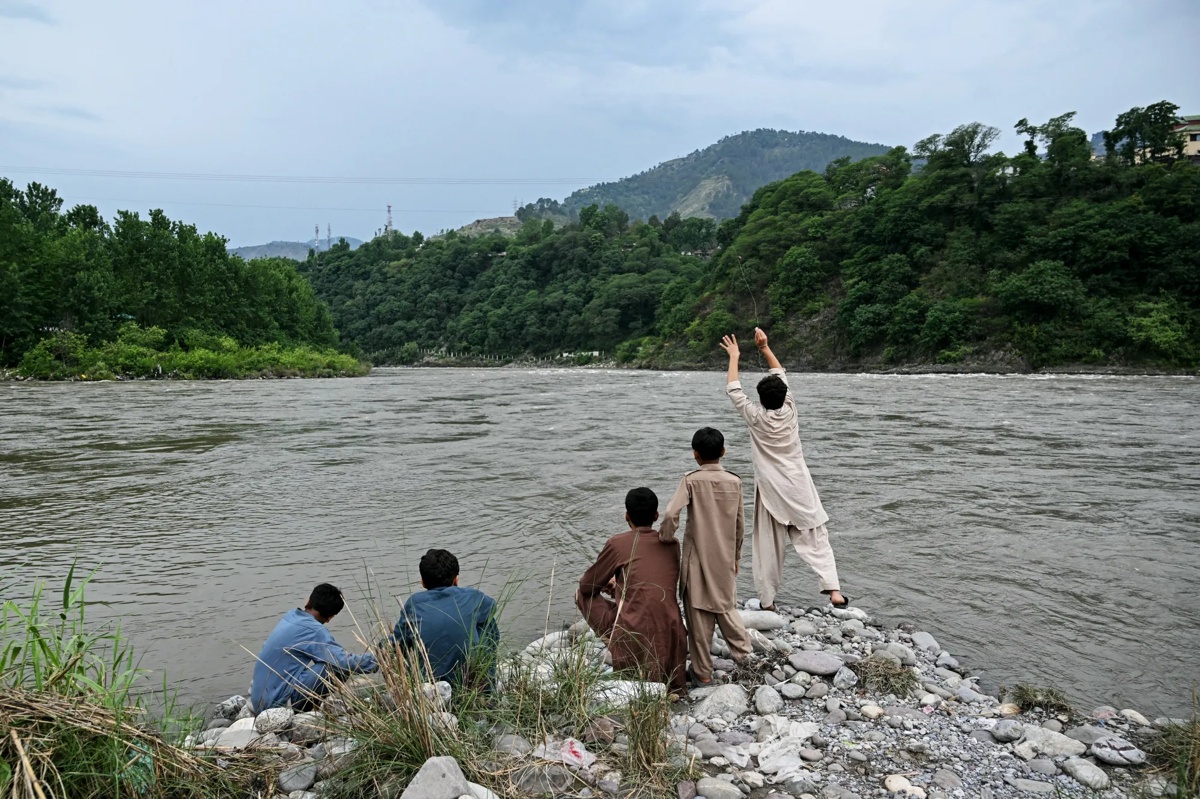Physical Address
304 North Cardinal St.
Dorchester Center, MA 02124
Physical Address
304 North Cardinal St.
Dorchester Center, MA 02124

The Indus Waters Treaty suspension remains in place despite India and Pakistan agreeing to a ceasefire on May 10, 2025, after days of deadly border clashes. Reuters confirmed the water-sharing pact—brokered by the World Bank in 1960—was not part of the peace talks.
India suspended the treaty in April following an April 22 militant attack in Kashmir that killed 26 Hindu tourists. Indian officials blamed Pakistan-based groups; Pakistan denies involvement.
Takeaway: The guns have quieted, but the water dispute remains unresolved.

The Indus Waters Treaty suspension threatens one of Pakistan’s lifelines. The Indus basin irrigates about 80% of Pakistan’s farmland, making the treaty essential to food production and water stability.
Now at risk:
Climate change and population growth already stress Pakistan’s water supply. This suspension adds a new layer of uncertainty.
Takeaway: Without the treaty, Pakistan faces deepening water insecurity.
With the Indus Waters Treaty suspension in effect, India has begun advancing hydroelectric projects in Kashmir—projects previously limited under treaty rules.
Currently, India lacks the infrastructure to massively divert water, as most of its plants are “run-of-the-river” and don’t store large volumes. But experts warn India may modify existing facilities or build new ones to gain more control over water flow.
Takeaway: India is using this pause to reshape long-term control of water systems.
The Indus Waters Treaty suspension marks a historic break. Even during full-scale wars, the treaty held. Not this time.
Pakistan has labeled any move to block or redirect water an “act of war” and is preparing international legal action through the World Bank and the International Court of Justice.
Trade, visas, and border crossings also remain suspended, signaling that normal ties are far from restored.
Takeaway: The suspension raises risks of legal, diplomatic, and even military escalation.

The Indus Waters Treaty suspension outlasts the fighting. With India pushing ahead on infrastructure and Pakistan preparing legal action, the water conflict is far from over—and could define the next phase of regional tension.
Takeaway: The battlefield has quieted, but the flow of diplomacy—and water—is still blocked.
Get the Daily News Without B.S. Report—clear, concise news with zero noise. Straight to your inbox.